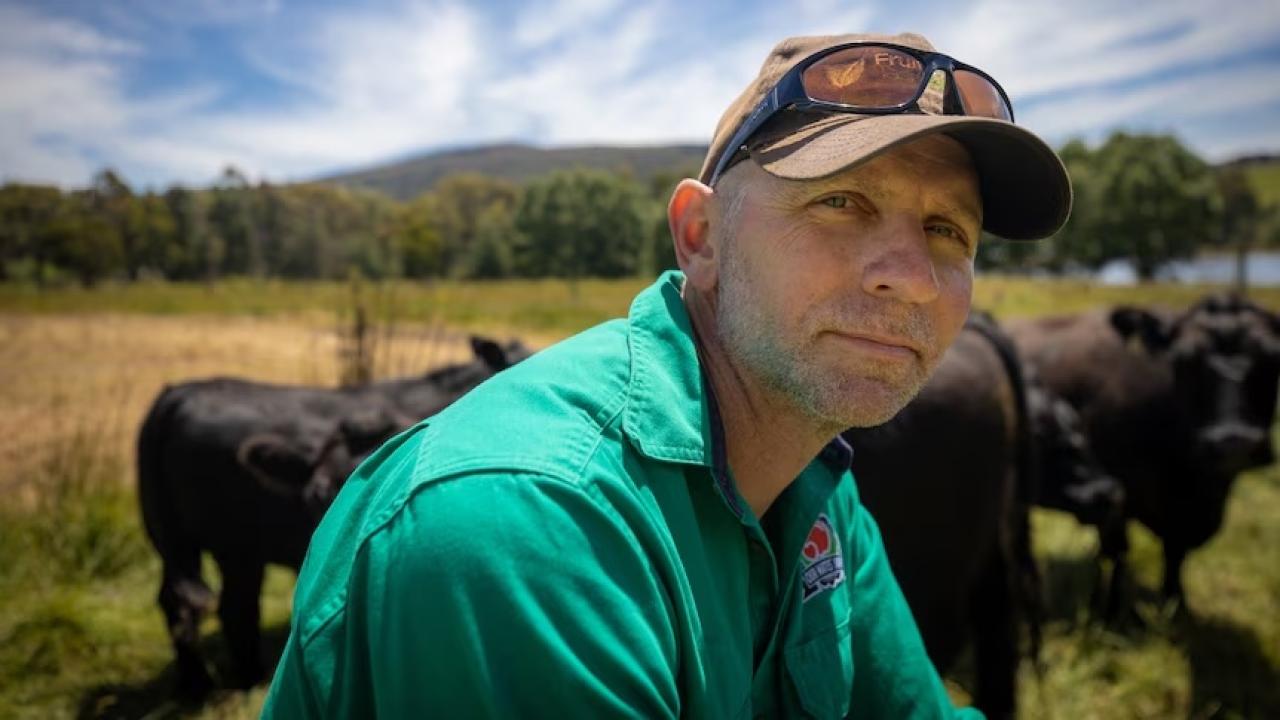Concern over Cradoc Abattoir "temporary" closure

THERE is concern over the future of meat processing options in Tasmania following news that Cradoc abattoir will "temporarily" close for three weeks.
Before news of its three week closure, Cradoc was only operating two days a week which had put pressure on local producers who relied on it for processing.
Matthew Tack, Huon Valley farmer and Treasurer of the Southern Tasmanian Association of Meat Producers (STAMP) said the number of closures highlights the dire need for more processing options.
He said the last time Cradoc were closing for six weeks, the closure ended up lasting for six months.
Mr Tack is currently leading a STAMP petition to raise awareness about the need for more options for small meat producers to process their livestock and to improve animal welfare standards.
The petition launch was held last Sunday with 40 people in attendance including producers, chefs, advocates and government representatives who addressed potential solutions including expanded processing capacity.
Mr Tack said there were some producers at the launch who had stock booked in at the abattoir who didn’t even know Cradoc would be closing.
Currently the petition has over 200 signatures, but Mr Tack hopes for a few thousand more in order to prompt change.
Mr Tack, who raises pigs, cattle and sheep at his property in Geeveston, says the processing capacity is already scarce for the growing number of producers who rely on Cradoc’s services and the closures are forcing many to seek alternatives that are either unavailable, unreliable, increase food miles, or are not traceable enough.
Mr Tack said STAMP is asking the State Government to look at new legislation to streamline processing options for small producers.
Suggestions for on-farm micro abattoirs or mobile slaughter were listed as options for meat processing for the area.
“It’s making sure there’s sufficient meat processing in the state for producers who want to keep ownership of their product rather than sell to one of the big abattoirs.”
“We’re talking about our paddock to plate reputation here, if we’re just selling our animals to the large processors to be shipped off or even if they are processed here and enter a chain, there’s no traceability for producers to see where their meat goes, it makes it really hard.”

Add new comment